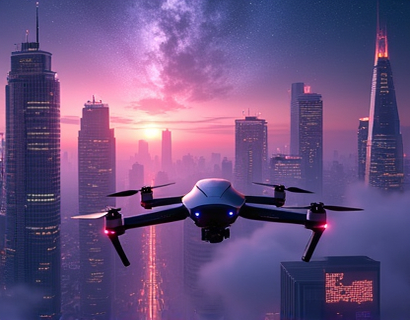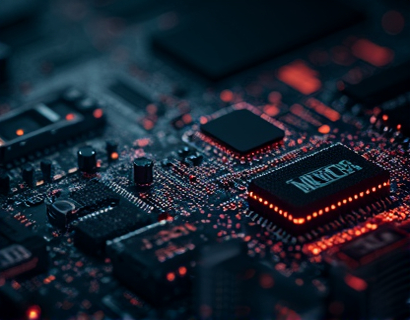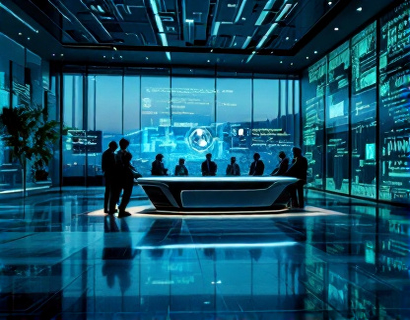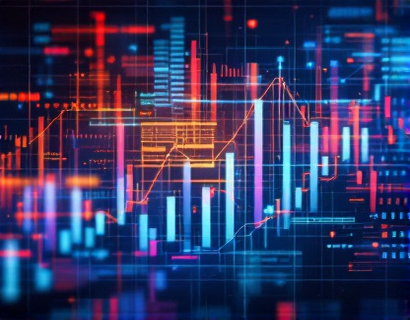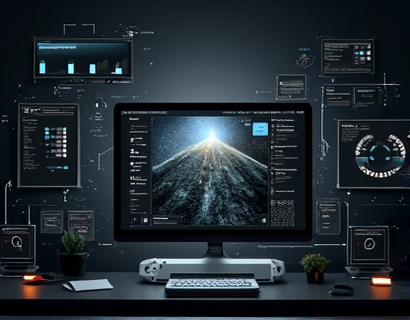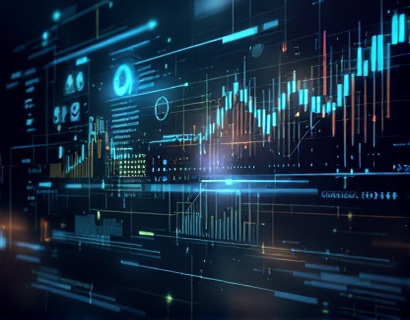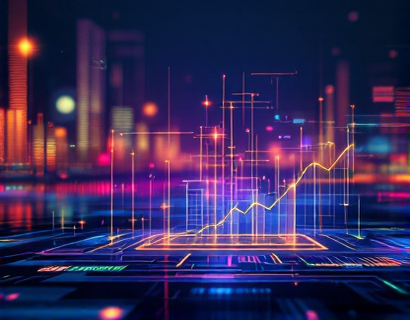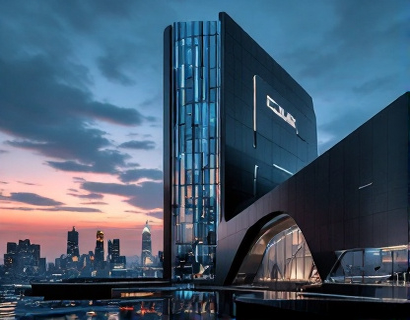Unlocking Event Success: Advanced Software Solutions for Performers and Entertainment Professionals
In the dynamic world of entertainment and event management, staying ahead of the curve is crucial for success. Advanced software solutions have revolutionized the way performers and professionals manage their careers, from booking and promotion to audience engagement. This article delves into the transformative power of these tools, designed to streamline workflows and enhance the overall experience for both performers and audiences.
The entertainment industry is characterized by its fast-paced nature and constant evolution. To thrive, performers and event organizers must leverage technology to optimize their operations and connect more effectively with their audience. Advanced software solutions offer a comprehensive toolkit that addresses various aspects of event management, ensuring a seamless and successful experience from start to finish.
Streamlining Bookings and Scheduling
One of the most significant challenges in the entertainment industry is managing bookings and schedules. Traditional methods often involve manual tracking and communication, which can lead to errors and inefficiencies. Advanced software solutions provide a centralized platform for managing bookings, allowing performers to easily track availability, negotiate terms, and confirm schedules.
These platforms often include features such as calendar integration, automated reminders, and real-time updates. For instance, a performer can quickly view their upcoming engagements, receive notifications about schedule changes, and even send confirmation messages to venues and clients. This level of organization not only saves time but also reduces the risk of miscommunication, ensuring a smoother process for all parties involved.
Enhancing Promotion and Marketing Efforts
Effective promotion is key to the success of any event or performance. Advanced software solutions offer powerful marketing tools that help performers reach a wider audience and engage potential fans more effectively. These tools include social media integration, email marketing campaigns, and dynamic content creation.
Social media integration allows performers to post updates, share behind-the-scenes content, and interact with fans directly from the platform. This constant stream of engagement helps build a loyal following and keeps the audience excited about upcoming events. Email marketing campaigns, on the other hand, enable performers to send personalized messages to their subscribers, promoting new releases, upcoming shows, and special offers.
Dynamic content creation tools allow performers to generate tailored content for different platforms and audiences. For example, a performer can create a unique video teaser for Instagram, a detailed blog post for their website, and a series of tweets for Twitter. This multi-channel approach ensures that the message reaches the right audience in the most effective way possible.
Boosting Audience Engagement
Audience engagement is crucial for the success of any performance or event. Advanced software solutions provide innovative tools to enhance the interaction between performers and their fans. One such tool is live polling and Q&A sessions, which allow audiences to participate in real-time during performances or pre-event promotions.
Live polling can be used to gather feedback, create interactive experiences, and even influence the performance itself. For example, a DJ can use live polls to determine the next song based on audience preferences. This not only increases engagement but also makes the audience feel more connected to the performer. Q&A sessions, whether during a live stream or as part of a pre-event campaign, provide a platform for fans to ask questions and receive direct responses, fostering a sense of community and loyalty.
Another engaging feature is the use of augmented reality (AR) and virtual reality (VR) experiences. These technologies can transform the way audiences experience performances, offering immersive and unique interactions. For instance, AR can be used to overlay digital effects on a live stage, while VR can transport fans to a virtual environment where they can interact with the performer and other fans in real-time.
Optimizing Event Management Operations
Beyond performance-specific tools, advanced software solutions also offer comprehensive event management features that streamline operations and improve overall efficiency. These include ticketing systems, venue management tools, and attendee management platforms.
Ticketing systems integrated with advanced software can handle everything from ticket creation and sales to inventory management and revenue tracking. Performers can set up multiple ticket types, manage pricing strategies, and even offer exclusive deals to loyal fans. The system can also provide real-time sales reports, helping organizers make informed decisions and adjust strategies on the fly.
Venue management tools help organizers find and book the perfect location for their event. These tools often include a database of venues with detailed information such as capacity, amenities, and availability. Organizers can filter search results based on specific criteria, making the process more efficient. Once a venue is selected, the software can assist with contract management, ensuring all terms and conditions are clearly outlined and agreed upon.
Attendee management platforms provide a way to manage the entire attendee lifecycle, from registration to post-event follow-up. These platforms can handle tasks such as creating event pages, managing RSVPs, and sending personalized communications. Attendees can access important event information, such as schedules and maps, directly through the platform, enhancing their overall experience.
Data Analytics and Insights
One of the most powerful aspects of advanced software solutions is their ability to provide valuable data analytics and insights. Performers and event organizers can gain deep insights into audience behavior, engagement levels, and revenue trends. This data-driven approach allows for more informed decision-making and continuous improvement.
For example, analytics tools can track which promotional channels drive the most traffic and conversions, helping performers allocate their marketing budget more effectively. Engagement metrics can reveal which types of content resonate most with the audience, guiding future content creation. Revenue analytics can identify patterns in ticket sales and sponsorship opportunities, enabling organizers to optimize pricing and sponsorship strategies.
Additionally, customer relationship management (CRM) features can help performers build and maintain strong relationships with their audience. By analyzing interaction data, performers can identify loyal fans, segment their audience, and tailor communications to specific groups. This personalized approach not only enhances engagement but also fosters long-term loyalty.
Integration and Scalability
To truly unlock the potential of advanced software solutions, it is essential to consider integration and scalability. A robust platform should seamlessly integrate with other tools and systems used by performers and event organizers, such as CRM software, payment gateways, and social media platforms. This integration ensures a cohesive and efficient workflow, reducing the need for manual data entry and minimizing the risk of errors.
Scalability is another critical factor, especially for performers and organizers who may experience growth in their career or event size. The software should be able to adapt to increasing demands, handling more bookings, larger audiences, and complex events without compromising performance. Cloud-based solutions offer the flexibility to scale up or down based on needs, ensuring that the platform remains a reliable partner throughout the performer's journey.
Conclusion
Advanced software solutions have the potential to transform the entertainment and event management landscape, offering performers and professionals a comprehensive toolkit to streamline operations and enhance audience engagement. From booking and promotion to data analytics and integration, these tools provide the means to optimize every aspect of the event lifecycle.
By embracing these innovative solutions, performers can focus more on their craft and less on administrative tasks, ultimately leading to more successful and fulfilling careers. As the industry continues to evolve, the adoption of advanced software will become increasingly essential for staying competitive and delivering exceptional experiences to audiences worldwide.










